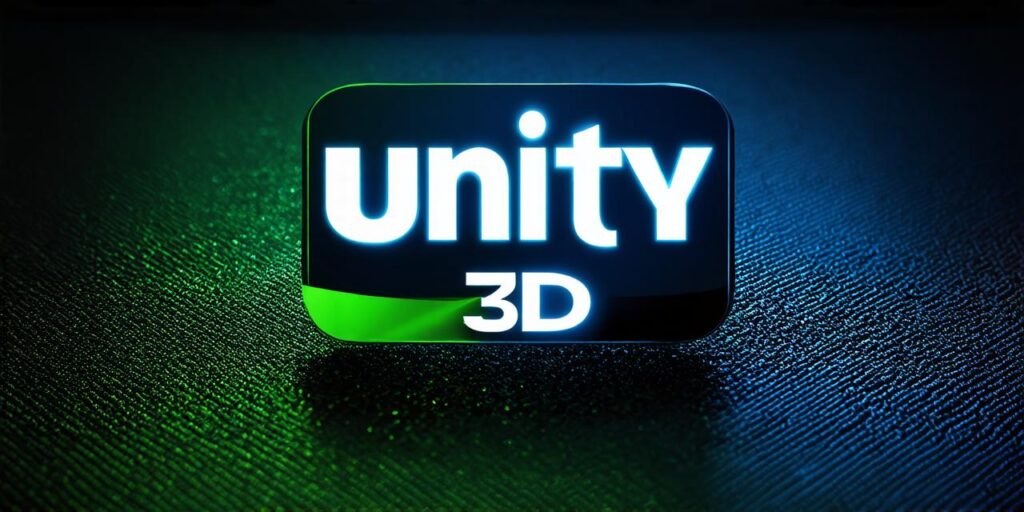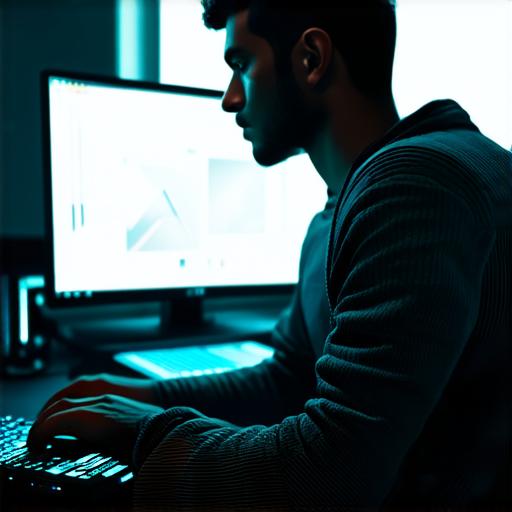
Unity is one of the most popular game engines used for creating 2D and 3D games. A Unity3D developer is responsible for designing, creating, and maintaining games and applications using this engine. In this article, we will explore the responsibilities of a Unity3D developer.
Creating Game Assets

A Unity3D developer is responsible for creating game assets such as characters, environments, objects, and other elements that are used in a game. This includes designing and modeling these assets using 3D modeling software and importing them into Unity. They must also create textures, animations, and sound effects to enhance the gameplay experience.
Programming Game Logic
In addition to creating game assets, a Unity3D developer is responsible for programming the game logic that governs how the game works. This includes writing code for player movement, enemy behavior, collision detection, and other key features of the game. They must also integrate third-party plugins and APIs into the game to add additional functionality.
Optimizing Performance
Unity games can be resource-intensive, and a Unity3D developer is responsible for optimizing the performance of the game to ensure it runs smoothly on a variety of platforms. This includes profiling the game’s performance, identifying bottlenecks, and making improvements to reduce load times and improve frame rates.
Testing and Debugging
A Unity3D developer is responsible for testing and debugging their games to ensure they are bug-free and function as intended. This includes running automated tests to catch errors early in the development process and manually testing the game to ensure it works as expected. They must also be able to diagnose and fix any issues that arise during testing.
Collaborating with Teams
A Unity3D developer often works as part of a team, including game designers, artists, and producers. They must be able to communicate effectively with these team members and collaborate on projects to ensure the game meets the project requirements. This includes providing regular updates on progress, discussing design ideas, and working together to solve problems.
Conclusion
In conclusion, a Unity3D developer is responsible for creating game assets, programming game logic, optimizing performance, testing and debugging, and collaborating with teams. They must have a strong understanding of both Unity and game development principles to create high-quality games that are fun and engaging for players.


